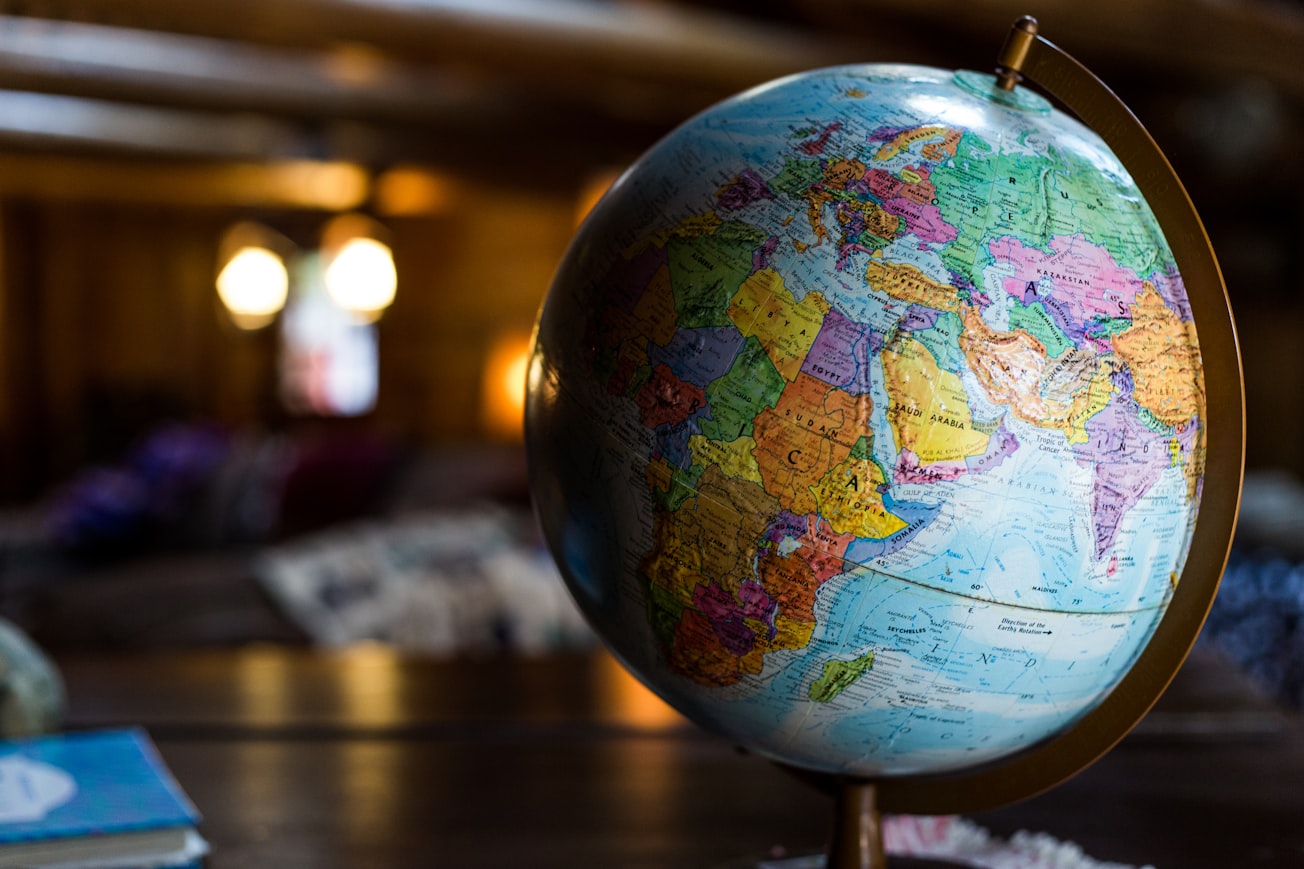What is it about?
Numerous experiences by self-identifying cultural groups bear witness to the fact that morally important objectives are not always reached by merely treating individuals as the sole bearers of moral status. This article will examine whether it is possible to make a parallel between cultural groups and democratic states; in particular, whether it is feasible to think of democratic states as moral entities and what the normative implications of such a view for contemporary international relations and trade would be.
Featured Image

Photo by Kyle Glenn on Unsplash
Why is it important?
Thinking about democratic states as moral collectives and rights-holders in such a capacity can make a tangible contribution to both the theoretical field of study and real-life practice. By relying on the proven institutional models and practice of collective rights of cultural groups, it can offer guidelines and a moral argument to justify why some aspects of international relations and trade should be remodelled.
Read the Original
This page is a summary of: Collective rights and democratic states: a new framework for addressing global socio-economic inequality, South African Journal of Philosophy, July 2019, Taylor & Francis,
DOI: 10.1080/02580136.2019.1650220.
You can read the full text:
Contributors
The following have contributed to this page










